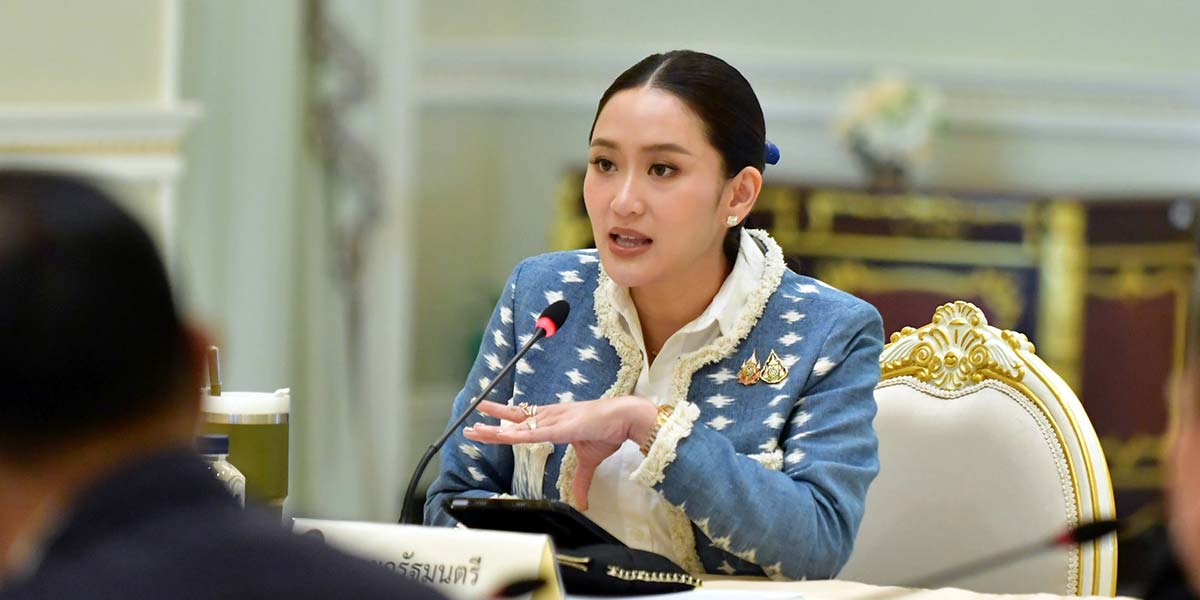Thailand’s Prime Minister has summoned an urgent meeting with economic ministries to assess the implications of the United States imposing a 36% import tariff on Thai goods. The aim is to explore negotiation strategies and prepare measures to mitigate the impact.
Deputy Finance Minister, Julapun Amornvivat, expressed concern over the significant reciprocal tariff imposed on Thai imports, though he speculated that the 36% could be the peak rate, rather than an average. He emphasized the need for a detailed review before issuing any immediate measures.
Julapun revealed that the U.S. President, Donald Trump, had set a baseline tariff of 10% on imports from all countries, with reciprocal tariffs affecting multiple significant trade partners, including Thailand, which faces a high rate of 36%—one of the highest in Asia.
In response, the Thai Finance Ministry has called an urgent meeting with relevant agencies to address potential repercussions and formulate responsive strategies. Although the tariff rate is concerning, it may not apply uniformly across all products.
This morning, Prime Minister Paetongtarn Shinawatra instructed relevant agencies to swiftly assess the impacts. Post-mission, she plans to convene discussions with the Ministry of Finance, Ministry of Commerce, Ministry of Industry, BOI, and related bodies.
The directives include assessing initial impacts, devising countermeasures, exploring negotiation avenues, and assisting those adversely affected by Trump’s trade measures.
“The 36% figure appears to include everything—fees, various service costs—leading to a seemingly high figure. The government needs thorough analysis and negotiation planning. Initially, it is believed the actual tariff might average around 9%, with the remainder consisting of assorted fees. We need to discern how these figures were calculated, what they encompass, and to address perceived unfairness suitably during talks. It is crucial to gauge public and business impacts,” Julapun stated.
He underscored that while the 36% rate might not be a blanket figure, detailed scrutiny is necessary given the lack of comprehensive details so far.
“Hopefully, 36% is the maximum rate, not exhaustive. Americans will likely face inflation as prices rise sharply. The U.S. requires essential goods, implying careful considerations are underway. The global economy will undoubtedly be affected. Nonetheless, in crises, we must seek opportunities—Thailand’s production capabilities might benefit and enhance competitiveness,” Julapun added.
Julapun concluded that immediate measures are unwarranted until a comprehensive analysis is complete, to ensure clarity and accuracy. Additionally, sector-specific impacts need evaluation to guide decisions.
“It’s imperative the public understands we are diligently working on this, avoiding rash statements or measures without conclusions. Cooperation is essential. The government is not complacent and will hold intensive meetings. Entrepreneurs and citizens should stay informed through official channels. Every problem has a solution; we aim for optimal outcomes for Thai society. The government assures it needs time for detailed understanding and informed responses,” Julapun concluded.





